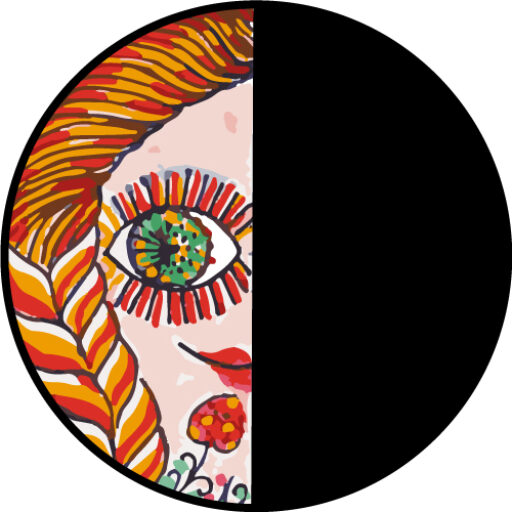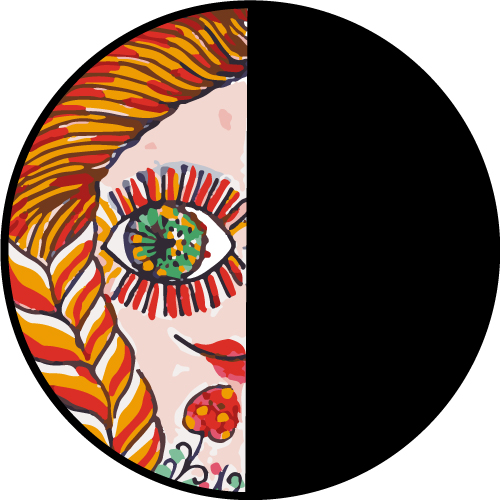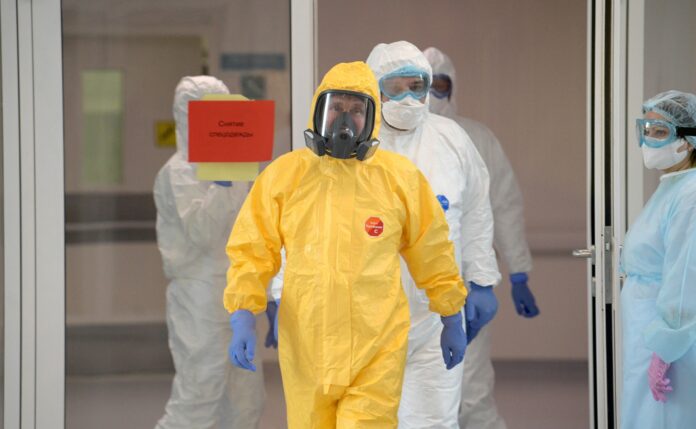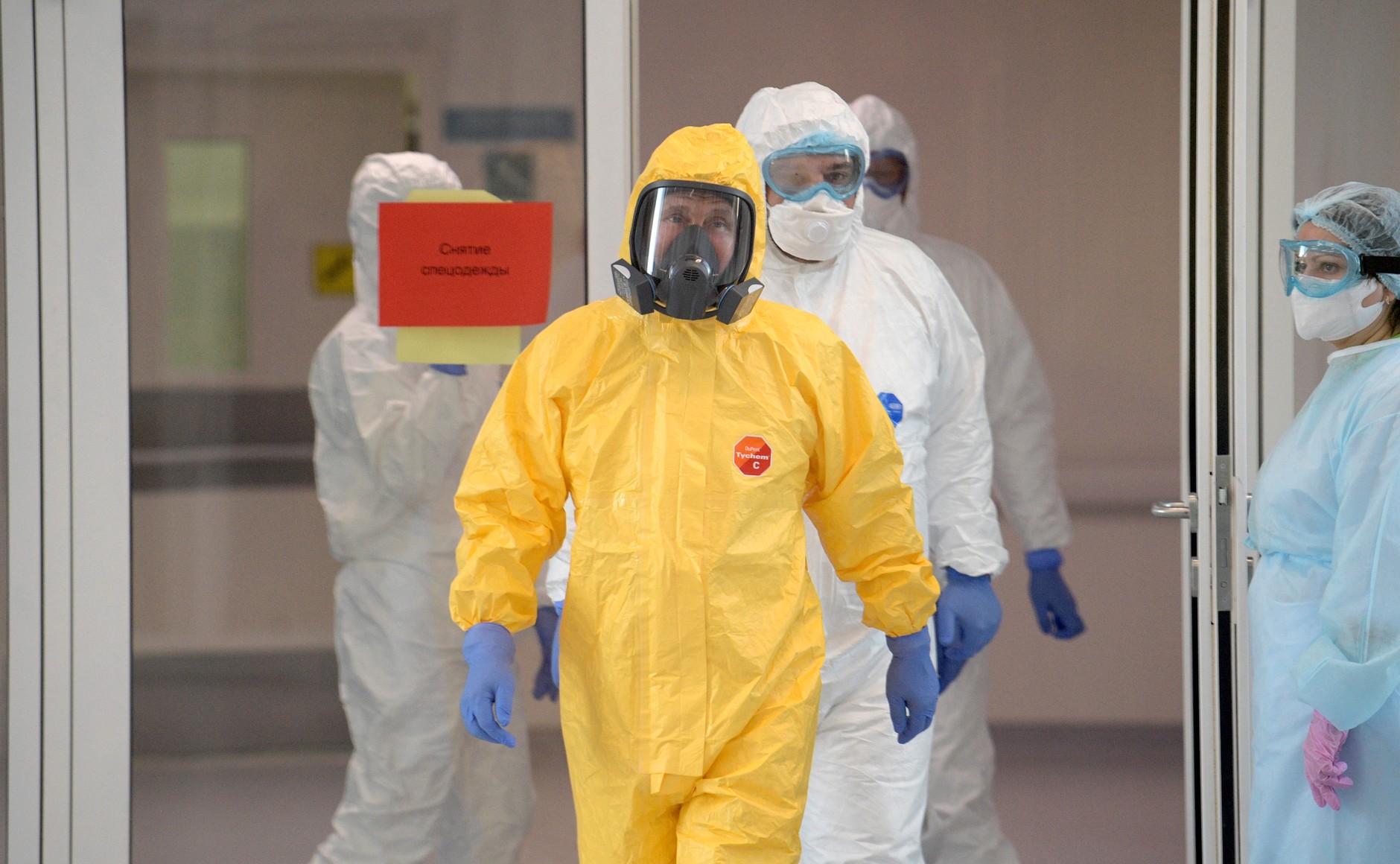The Russian leadership boasted that it was the first to invent an anti-Covid vaccine, in August 2020. The vaccine, called Sputnik V, is supposed to embody “victory”, a key word in the Putin regime’s vocabulary. However, the Russian population, which has been suffering from significant excess mortality since 2020 until April 2021, is still lagging behind in vaccination compared to many Western countries. On the other hand, the Kremlin is seeking to promote its vaccine abroad by using it as a geopolitical weapon, but is experiencing setbacks: Sputnik V has still not been validated by international health authorities. Putin, who compared the invention of Sputnik V to the launch of the first artificial satellite in 1957, has not won his bet.
Let’s remember the euphoria that gripped the Russian government and its media when the invention of the anti-Covid vaccine was announced. Under the trade name Sputnik V, the GamCovidVac vaccine was registered on August 11, 2020 by the Ministry of Health of the Russian Federation, when phase 2 of the tests had just been completed and only a few dozen volunteers had been vaccinated. The third phase of testing did not begin until September 7, 2020 and lasted several months. Even a very positive article in the British medical journal The Lancet (2/2/2021) was based only on interim data from the unfinished phase 3.
In fact, the US-German Pfizer/BioNTech project was the champion of the international race by completing phase 3 first. Although long-term adverse event monitoring is still ongoing, the Pfizer/BioNTech vaccine has been approved for use due to the health emergency by the European Medicines Agency (12/21/2021) and by the WHO (12/31/2021). Other vaccines, including Moderna, AstraZeneca and Johnson&Johnson, have also been approved, while Sputnik V has not yet been validated by international bodies.
From the outset, the Russian management decided to make Sputnik its flagship product. The name of the vaccine was not chosen at random. Sputnik, which means “companion”, echoes the launch of the first artificial satellite by the USSR in October 1957, an object of great pride for the Soviets. Thus, by allusion, Sputnik appears as a pioneer vaccine that faithfully accompanies you, while the letter V (not to be confused with the Roman numeral) is the first letter of the word “Victory”. This goes to the heart of Putin’s ideology: the history of the country is a succession of victorious territorial conquests, but the most important, sacred victory, which is always written with a large V, is the victory in the Second World War. Under Putin, the cult of Victory became the cement of the nation. This is glorified not only by annual military parades in numerous cities and towns, but also by the marches of the Immortal Regiment which bring together millions of civilians. This is a ritual where the living and the dead merge to form the invincible and immortal body of the nation. The vaccine that defeats the disease thus becomes the symbol of the victorious march of the Russian people under the wise leadership of Vladimir Putin.
The victory over Nazism is seen in Russian ideology as a victory of absolute good over absolute evil. The sacralization of the Victory forbids taking into account the “dark spots” of history, such as the Molotov-Ribbentrop pact and the occupation of Central and Eastern Europe after the war. Similarly, the invention of the Sputnik V vaccine was treated as a discovery that should save the whole of humanity from the deadly virus and ensure eternal gratitude to the Russian people. This is basically a new messianic idea, a global saving mission that Russia has always felt it had. Let’s remember the Slavophile doctrine of the 19th century affirming that Orthodox Russia was the bearer of light and the Leninist doctrine of the 20th century putting Soviet Russia in the vanguard of humanity to lead the “oppressed peoples” to a bright future. At the end of March 2021, the RIA Novosti agency was self-congratulatory: “The vaccination campaign is encountering difficulties in several countries […], the vaccines are lacking and those who have them are in no hurry to share them. Only Russia and China are offering help to anyone who wants it, organizing deliveries to different parts of the world.”
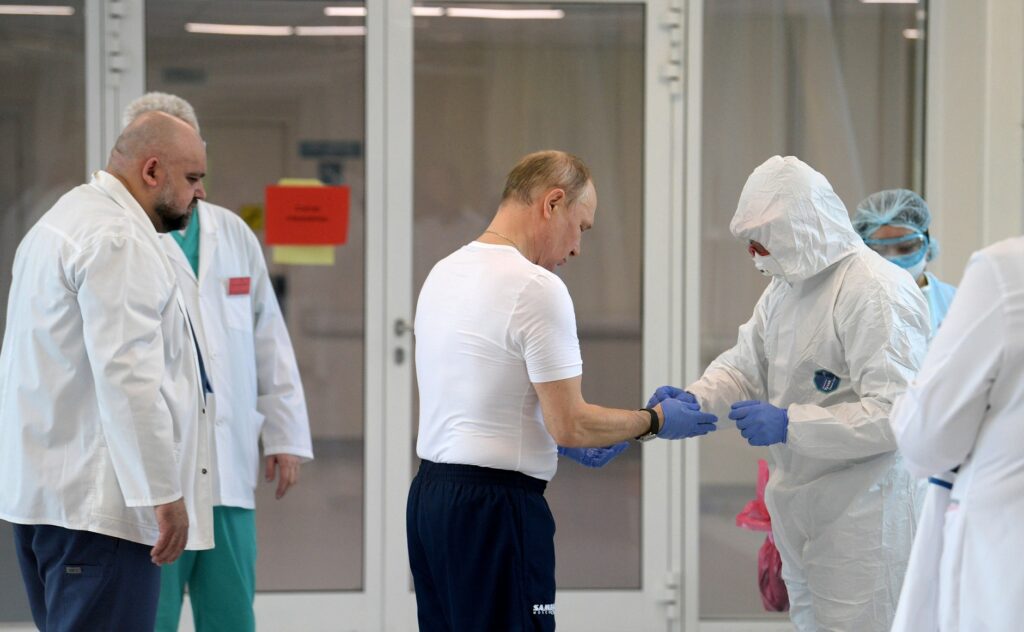
The reality, however, is more complex. As soon as the Russian Ministry of Health announced the registration of Sputnik V,Russian Direct Investment Fund (RDIF) began lobbying intensively for recognition of the vaccine in many countries, offering to manufacture it locally in some of them, to meet their own needs but also to export it to Russia, which has a severe lack of production capacity. Mass vaccination began in Russia on January 18, 2021, but five months later, only 29 million Russians have received a dose or two of the vaccine, out of a population of 146 million. By number of vaccines administered, Russia ranks 10th in the world, but in percentage of fully vaccinated people (12,6% as of June 13), it is far behind all developed countries (over 61% in Great Britain, 52% in the United States, over 46% in France, etc.).
In parallel with these steps, Russian and pro-Russian media around the world have been conducting a virulent campaign against the current Western vaccines, highlighting deaths or other adverse effects after vaccination, without, in the majority of cases, an established link between the vaccine and the death of an often very old person. The website and TV channel Tsargrad even called the Pfizer vaccination “death shot”, claiming that Russia was banning the use of this vaccine on its territory in order to protect its citizens.
Soon, the triumphant march of the Russian vaccine around the world suffered setbacks. For one thing, Russia has had difficulty distributing the promised quantities abroad. By the end of May, it had managed to export only 16 million doses. On the other hand, suspicions about the Russian vaccine have multiplied. After Slovakia expressed doubts about the quality and purity of the vaccine produced by various subcontractors, after the Czech Republic refused to use Sputnik V after a huge political scandal, it was the Brazilian health agency, Anvisa, that banned the use of Sputnik V on national territory because of the possible presence of an active virus in some batches. Finally, the critical article in the medical journal The Lancet (5/12/2021), which followed its first positive evaluation, did not help matters. Of course, Russia immediately protested against “political decisions” and “fake news”. The Russian public had been prepared for such an eventuality. On 12 March, the TASS agency reported that the West was preparing “a media attack on Sputnik V with the staging of large-scale deaths of people” linked to vaccination. The same agency reported on 30 April that the President of Montenegro, Milo Djukanovic, had ordered his supporters in the Democratic Party and the government to carry out a media attack on Sputnik V.
It is regrettable that Russia has once again decided to flaunt its supremacy and shower humanity with its blessings, instead of mobilizing its industry and producing sufficient vaccines for its own population. It should also be noted that the population itself is very reluctant to vaccinate, to the point that in several cities, starting with Moscow, city halls distribute gifts to those who take the plunge and get vaccinated. According to a recent survey, almost 20% of Russians would be willing to be vaccinated if it became a prerequisite for traveling abroad. 42% of the respondents do not want to be vaccinated at all and 20% are undecided.
However, according to demographer Alexei Rakcha, who relies on data from Rosstat (national statistics office), the excess mortality in Russia from the beginning of 2020 to April 2021 reached over 500,000 people, half of whom would have died from Covid-19 and the other half from lack of care due to the epidemic. However, it is proving difficult to convince Russians, who have been constantly subjected to negative information about Western vaccines, that their own vaccines are better. Facing a new wave of the epidemics, the Russian media are struggling to show the devastating effects of Covid-19 by interviewing doctors, survivors and families of victims. But skepticism still prevails. In the end, it is the Russian population that pays the price for the Kremlin’s overweening ambitions and anti-Western propaganda.
Born in Moscow, she has been living in France since 1984. After 25 years of working at RFI, she now devotes herself to writing. Her latest works include: Le Régiment immortel. La Guerre sacrée de Poutine, Premier Parallèle 2019; Traverser Tchernobyl Premier Parallèle, 2016.
